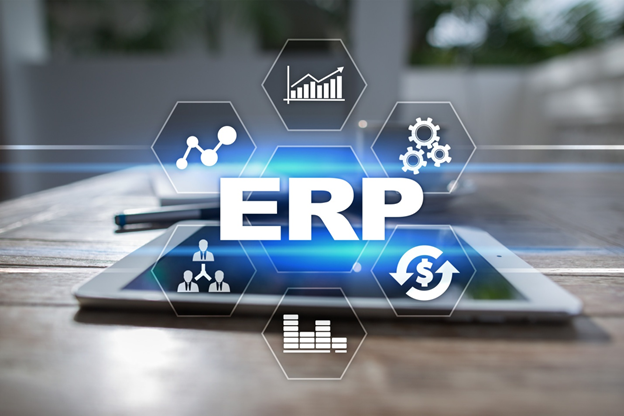The worldwide ERP software market is estimated to be worth over $48 billion by 2022.
You’ve heard that ERP software can help your business, but you’re not sure where to start or what to do.
Implementing ERP software is a huge project and it’s easy to make mistakes. If you don’t choose the right ERP or if the rollout isn’t smooth, you could end up with a lot of wasted time and money.
But don’t worry. Keep reading because this guide will teach you everything you need to know about ERP implementation, from choosing the right software to a successful rollout. We’ll also provide tips and advice from experts who have been through the process before.
What Is ERP Software?
ERP (enterprise resource planning) software is a comprehensive business management solution that helps organizations manage their finances, operations, and customer relationships. It typically includes modules for accounting, inventory management, purchasing, order fulfillment, HR, and customer relationship management (CRM).
IFS ERP (Industrial and financial systems) software is designed to streamline business processes and improve efficiency by providing a single system that automates all of the various tasks and processes that are necessary for running a business.
It can also help businesses make better decisions by providing insight into important metrics such as sales data, inventory levels, and financial performance.
Who Needs ERP Software?
ERP software is most commonly used by larger businesses with complex operations. However, it can be beneficial for businesses of all sizes. A study found that companies with ERP software achieve an average of 24% higher revenue growth. And 16% higher profitability than companies without ERP.
No matter how small or large your business is, ERP software can help. It will help you run it more efficiently and make better decisions.
How Does ERP Software Work?
ERP software is typically installed on-premises in a company’s data center. It connects to the various systems within the organization. This includes accounting software, inventory management systems, and CRM systems. It provides a single view of all the data that’s relevant to the business. This allows employees to access the information they need to make informed decisions.
ERP software can also be cloud-based, which means that it’s hosted by a third-party provider and accessed over the internet. This option is becoming more popular due to its flexibility and scalability.
Choosing the Right ERP Software
There are many different ERP software solutions on the market, so how do you choose the right one for your business? The first step is to assess your needs and identify the specific features that you require. Then, compare different solutions to find one that meets your requirements.
Get ERP Implementation Help Today
Implementing ERP software can be a daunting task, but it doesn’t have to be. By following the tips in this guide, you’ll be able to choose the right software, roll out smoothly, and get the most out of your ERP system.
If you’re looking for more advice and tips on ERP implementation, make sure to check out our blog. We have tons of articles that will help you make the best decision for your business. Thanks for reading!

